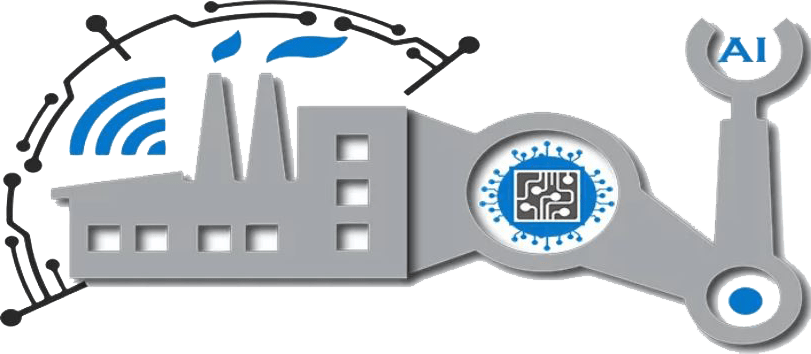Artificial intelligence (AI) transforms healthcare and life sciences, offering advanced tools to improve patient outcomes and enhance healthcare efficiency. Critical applications of AI in predictive diagnostics, medical imaging, and personalized medicine highlight the significant innovations and benefits AI brings to the industry.
Cover AI Applications in Predictive Diagnostics, Medical Imaging, and Personalized Medicine
Predictive Diagnostics
AI-driven predictive diagnostics use machine learning algorithms to analyze patient data, including medical history, genetic information, and lifestyle factors, to predict the likelihood of diseases and conditions before they manifest. These predictive models enable early intervention and prevention strategies, improving patient outcomes and reducing healthcare costs. For example, AI can identify high-risk individuals for diabetes, cardiovascular diseases, and cancer, allowing for timely lifestyle modifications and preventive treatments. Predictive diagnostics also support population health management by identifying trends and patterns, helping healthcare providers allocate resources more effectively and develop targeted public health initiatives.
Medical Imaging
AI has revolutionized medical imaging by enhancing the accuracy and efficiency of image analysis. Deep learning algorithms, particularly convolutional neural networks (CNNs), excel at recognizing patterns in medical images, such as X-rays, MRIs, and CT scans. AI-powered imaging tools can detect anomalies and diseases with high precision, often surpassing human capabilities. For instance, AI can identify early signs of cancer, cardiovascular diseases, and neurological conditions, facilitating prompt diagnosis and treatment. AI also streamlines the imaging workflow, reducing the time radiologists spend on routine tasks and allowing them to focus on more complex cases. Additionally, AI enhances image quality and assists in generating detailed and accurate diagnostic reports.
Personalized Medicine
Personalized medicine leverages AI to tailor treatments and interventions to individual patients based on their unique genetic, molecular, and clinical profiles. AI algorithms analyze vast amounts of data from genomics, proteomics, and electronic health records to identify the most effective therapies for each patient. This approach maximizes treatment efficacy and minimizes adverse effects, improving patient outcomes. For example, AI can predict how a patient will respond to a specific drug, enabling the selection of the most suitable medication and dosage. Personalized medicine also supports the development of targeted therapies for complex diseases such as cancer, where AI can identify specific genetic mutations driving tumour growth and suggest precision treatments.
Showcasing Innovations that Improve Patient Outcomes and Healthcare Efficiency
AI’s impact on healthcare and life sciences is profound. It drives innovations that enhance patient care and streamline healthcare operations. Predictive diagnostics enable early detection and intervention, reducing the burden of chronic diseases and improving long-term health outcomes. By identifying high-risk individuals and populations, AI helps healthcare providers implement preventive measures, reducing the incidence of severe conditions and associated healthcare costs.
In medical imaging, AI improves diagnostic accuracy and efficiency, leading to faster and more accurate diagnoses. This enhances patient outcomes by enabling timely treatment and alleviates the workload of radiologists and healthcare professionals. AI’s ability to process and analyze large volumes of medical images quickly and accurately transforms radiology practices, improving diagnostic capabilities and patient care.
Personalized medicine represents a paradigm shift in healthcare, moving from a one-size-fits-all approach to individualized treatment plans. AI’s ability to integrate and analyze diverse data sources ensures patients receive the most effective and personalized care. This results in improved treatment outcomes, reduced side effects, and increased patient satisfaction. Moreover, customized medicine accelerates drug discovery and development, as AI identifies potential drug targets and predicts therapeutic responses, facilitating the creation of innovative treatments for complex diseases.
In conclusion, AI is revolutionizing healthcare and life sciences through its predictive diagnostics, medical imaging, and personalized medicine applications. These innovations enhance patient outcomes by enabling early detection, accurate diagnosis, and tailored treatments. Additionally, AI improves healthcare efficiency by optimizing workflows, reducing costs, and supporting data-driven decision-making. As AI advances, its role in healthcare will expand, unlocking new possibilities for improving patient care and transforming the healthcare landscape.





